Get the latest financial news, insights and expert analysis from our award-winning MoneyWeek team, to help you understand what really matters when it comes to your finances.
You are now subscribed
Your newsletter sign-up was successful
Want to add more newsletters?

Twice daily
MoneyWeek
Get the latest financial news, insights and expert analysis from our award-winning MoneyWeek team, to help you understand what really matters when it comes to your finances.

Four times a week
Look After My Bills
Sign up to our free money-saving newsletter, filled with the latest news and expert advice to help you find the best tips and deals for managing your bills. Start saving today!
"How do banks and building societies size up against each other?" asks the Motley Fool's Szu Ping Chan. And which is the safer bet for your cash?
It all used to be so simple. Before 1986's 'Big Bang' regulations, building societies were all 'mutuals', owned by their members who were mostly savings account holders and mortgagees. They accepted savings deposits and made home loans. Banks, on the other hand, offered current accounts and personal loans, but no mortgages. As companies they could issue shares, list them on exchanges and pay dividends. That neat division ended in the mid-1980s. Suddenly, banks could offer mortgages, while building societies could offer current accounts. Further, several building societies, such as Abbey National, converted to companies and listed shares on the London Stock Exchange. Others, such as the Nationwide, remained as mutuals.
So with the lines blurred, what's the best option for a nervous saver? Safest are the banks that are majority owned by the Government Northern Rock (100%) and now Royal Bank of Scotland (nearly 60%). In close third is LloydsTSB/HBOS, in which the Government has a near 50% stake. In theory, building societies are safer than banks because they can only raise limited capital from the now frozen wholesale markets. But plenty still took that option the average proportion of funds raised that way is 30%, says the Buildings Society Association. And some smaller building societies are merging to stay alive.
MoneyWeek
Subscribe to MoneyWeek today and get your first six magazine issues absolutely FREE

Sign up to Money Morning
Don't miss the latest investment and personal finances news, market analysis, plus money-saving tips with our free twice-daily newsletter
Don't miss the latest investment and personal finances news, market analysis, plus money-saving tips with our free twice-daily newsletter
At the banks, the full scale of mortgage-related write-downs remains uncertain. So our advice is to limit deposits with a single Financial Services Authority-registered institution to the FSCS compensation cap of £50,000. The Financial Services Authority recently made things easier for account holders at building societies that merge: you keep £50,000 of cover for each one until September 2009.
Get the latest financial news, insights and expert analysis from our award-winning MoneyWeek team, to help you understand what really matters when it comes to your finances.
MoneyWeek is written by a team of experienced and award-winning journalists, plus expert columnists. As well as daily digital news and features, MoneyWeek also publishes a weekly magazine, covering investing and personal finance. From share tips, pensions, gold to practical investment tips - we provide a round-up to help you make money and keep it.
-
 Should you buy an active ETF?
Should you buy an active ETF?ETFs are often mischaracterised as passive products, but they can be a convenient way to add active management to your portfolio
-
 Power up your pension before 5 April – easy ways to save before the tax year end
Power up your pension before 5 April – easy ways to save before the tax year endWith the end of the tax year looming, pension savers currently have a window to review and maximise what’s going into their retirement funds – we look at how
-
 Nationwide promises to protect all its branches from closures until at least 2030
Nationwide promises to protect all its branches from closures until at least 2030The building society has extended its pledge to keep all high street Nationwide and Virgin Money branches open, now until at least 2030.
-
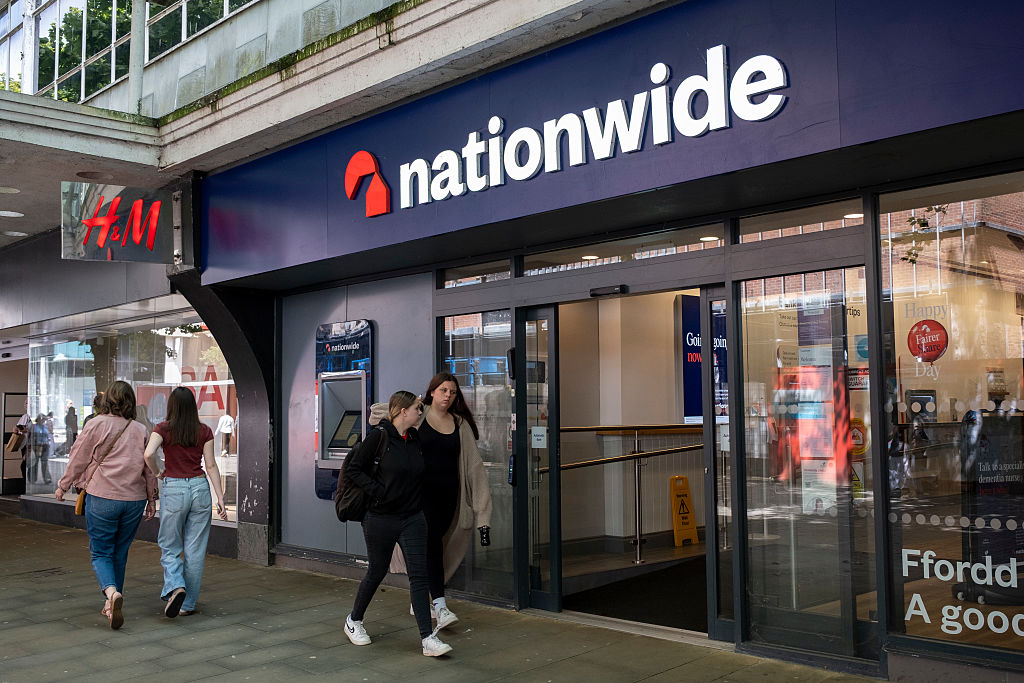 Nationwide Building Society launches £175 switching deal – who is eligible?
Nationwide Building Society launches £175 switching deal – who is eligible?Nationwide Building Society has launched a new current account switching deal. We look at whether you are eligible, and how to get the free cash.
-
 Green mortgages: how do they work and how much can you save?
Green mortgages: how do they work and how much can you save?Most high-street lenders now offer some kind of green mortgage deal. We look at who’s eligible, how to apply and the mortgage rates and cashback on offer
-
 Thousands of Brits switch to Nationwide, Monzo and NatWest – which banks are least popular?
Thousands of Brits switch to Nationwide, Monzo and NatWest – which banks are least popular?We look at the most and least popular banks and building societies as current account bank switches reach a record high. Is it worth moving your money?
-
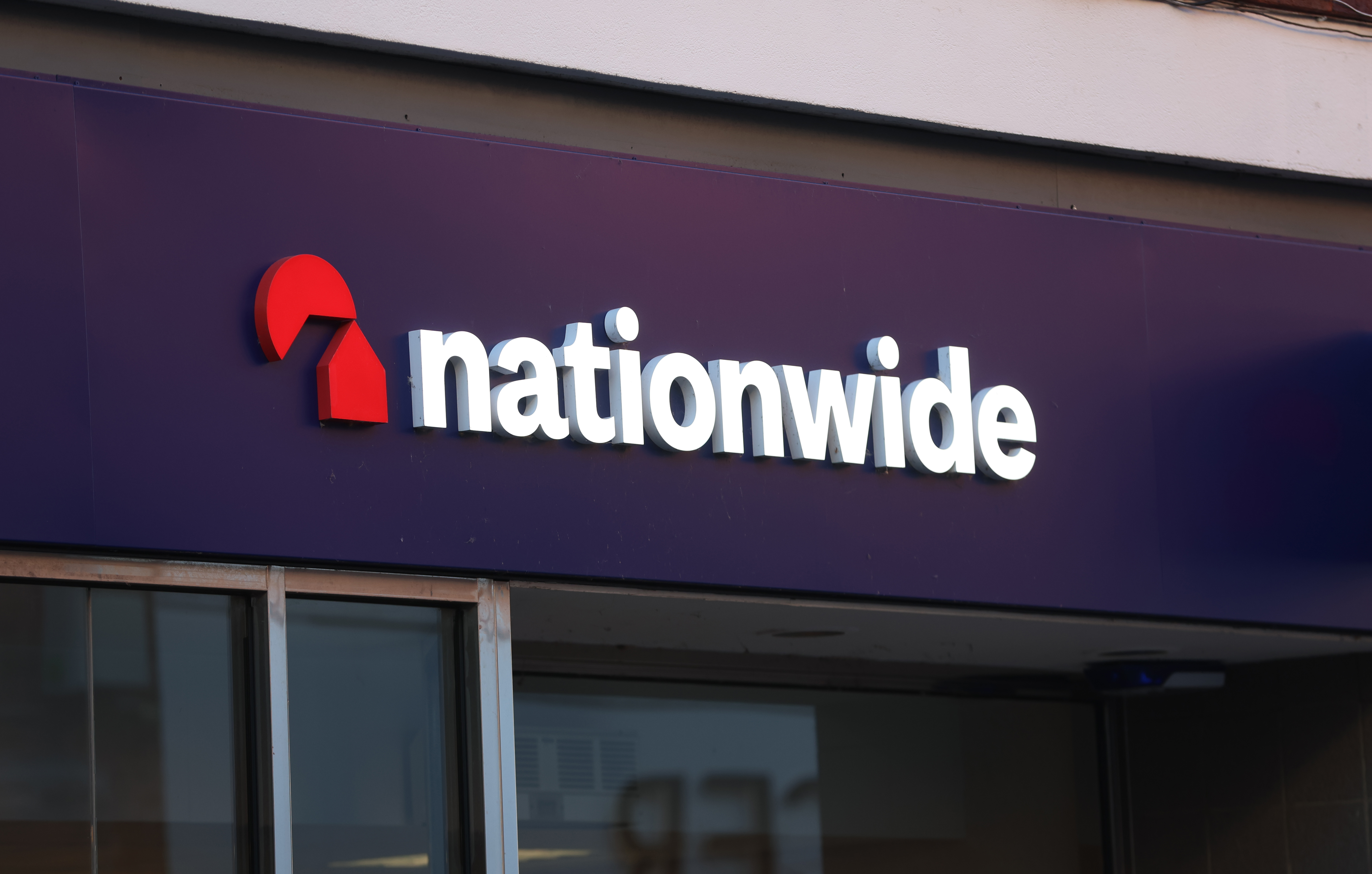 Did you get the £100 Nationwide bonus? Here’s how to check
Did you get the £100 Nationwide bonus? Here’s how to checkNationwide finished paying its £100 Fairer Share bonus last week. We explain what to do if you didn’t get it but think you’re eligible
-
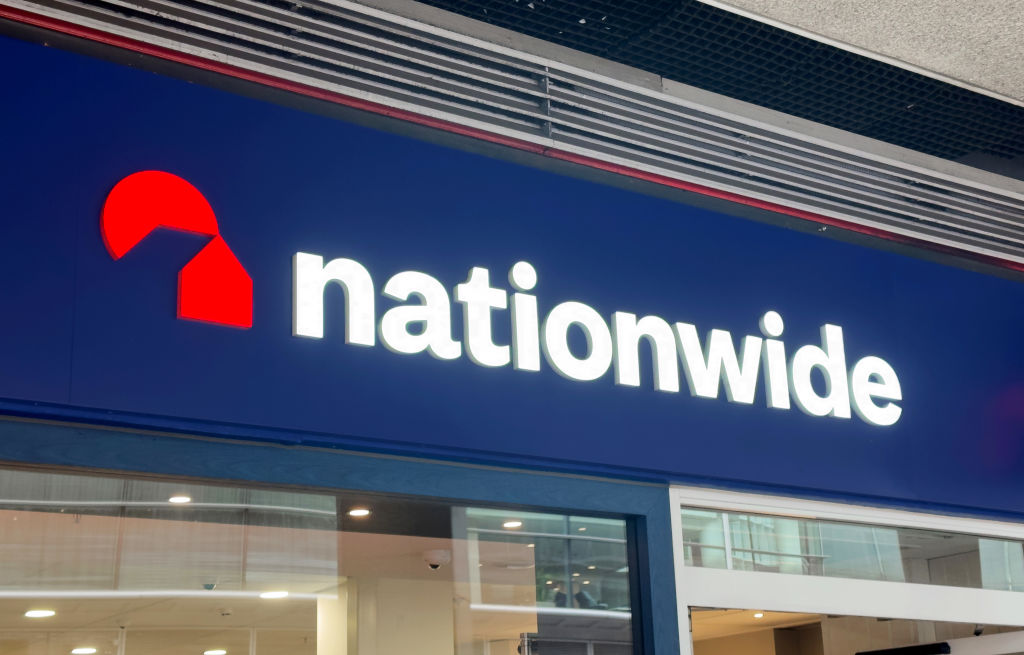 Nationwide to pull its £175 switching bonus - act now to get offer
Nationwide to pull its £175 switching bonus - act now to get offerThe building society is withdrawing its bank switching offer at the end of the month, after gaining thousands of customers last year. We explain how to qualify for the current account switching bonus
-
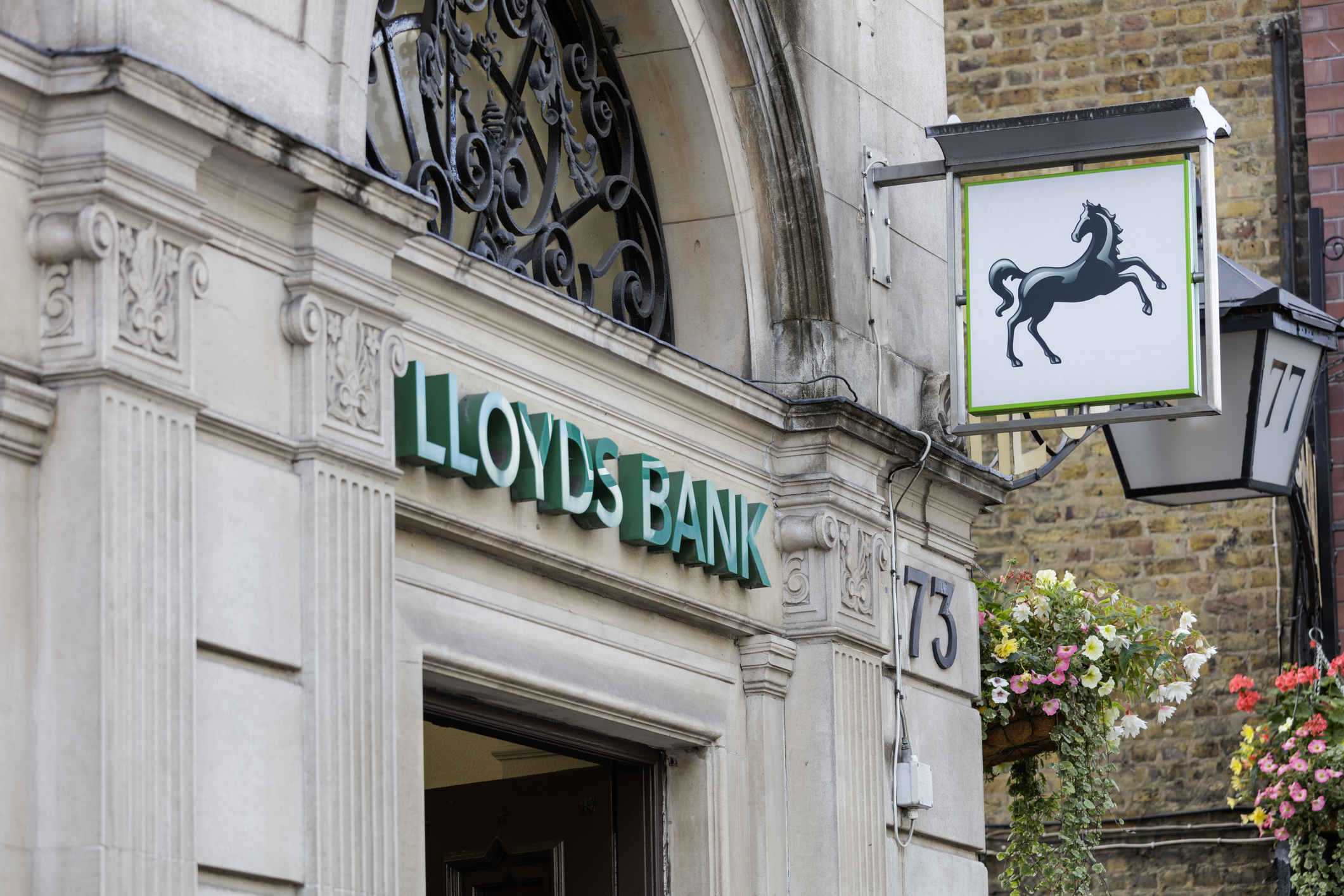 Lloyds Bank returns with £175 bank switch bonus – is it worth moving banks?
Lloyds Bank returns with £175 bank switch bonus – is it worth moving banks?Lloyds Bank is offering customers £175 to move to one of its Club accounts. We look at whether it’s worth taking advantage of the bank switching bonus
-
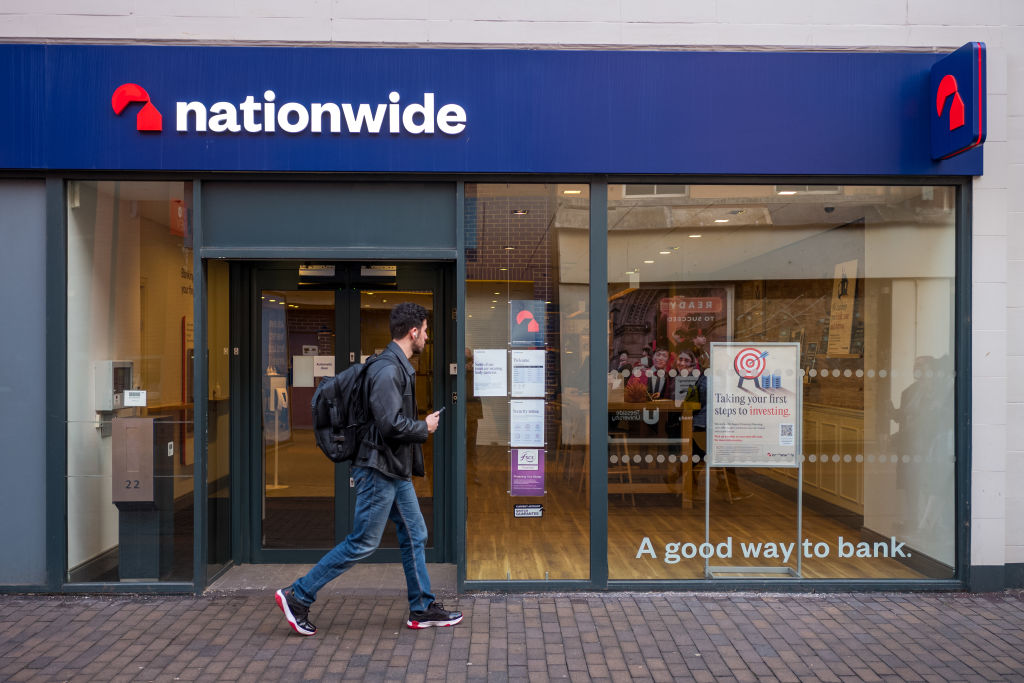 My 8% Nationwide regular saver has matured - what are my options?
My 8% Nationwide regular saver has matured - what are my options?Nationwide’s popular 8% account has matured for savers. Should you stick with the building society or move to a competitor?

